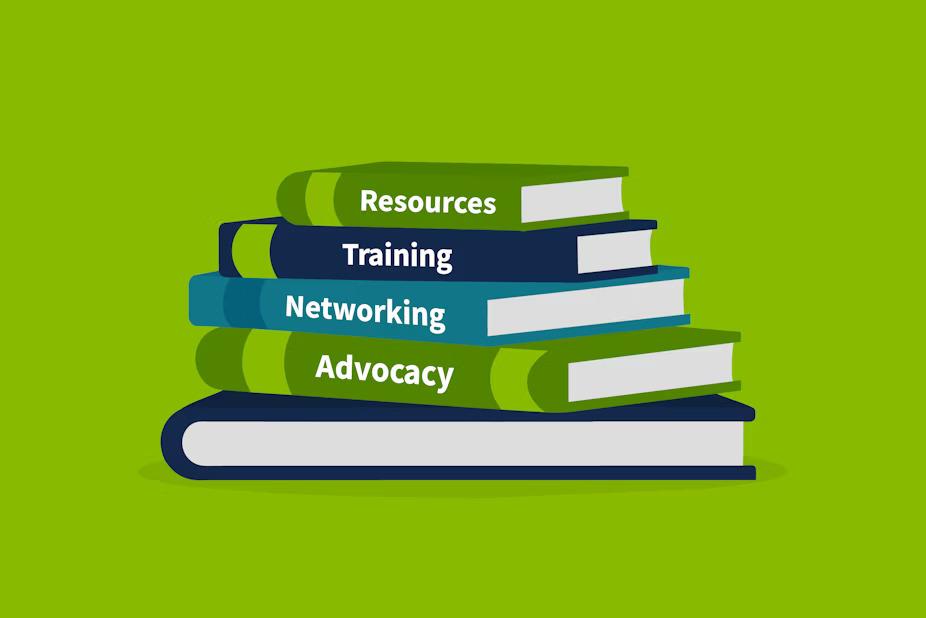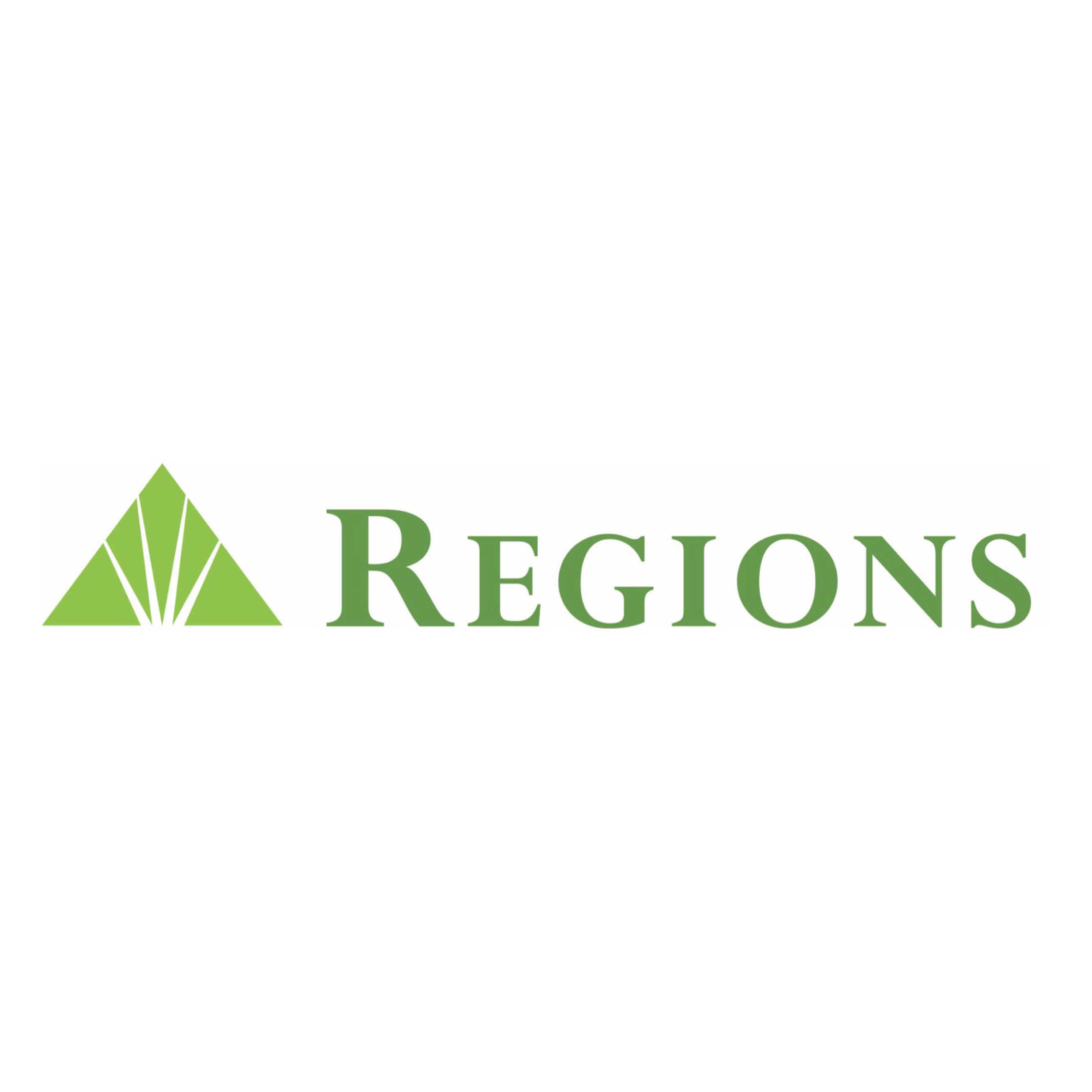Building an Educated Workforce and Empowering People To Dream
This Regions customer and community partner is helping thousands write their next chapter. Meet its visionary leader here.
By Kim Borges
Jenny Walker can immediately spot the signs.
People who say they’ve forgotten their glasses when they’re asked to read aloud. Or who always order without looking at the menu.
One in every five Americans struggles with literacy; and 54 percent of people read at below a sixth-grade level.
“Imagine being at a first grade reading level and having second-grade student as a child,” said Walker. “That’s what gets me out of bed in the morning and what keeps me up at night.”
Literacy is an issue offering anyone valid cause for concern given lower reading rates are estimated to cost the U.S. $200 billion in safety and health issues and two-plus trillion dollars in lost productivity each year.
Walker has been on a personal mission to advance literacy from her early public school teaching days to her current role as executive director of the Texarkana-based nonprofit and Regions Bank customer Literacy Texas. But she’s the first to tell you no one can do this work alone.
That’s why Walker and her team collaborate with 300-plus fellow nonprofits and government agencies across the Lone Star State, including the Literacy County of Bowie and Miller Counties and 100 Families, two Regions Bank community partners. Walker formerly led the first nonprofit and helped establish the second.
Our great network of community partners and corporate partners like Regions Bank offer the support we need. And there’s a really big need in Texas for the work we’re doing.
“Our organization serves as a backbone of support,” explained Walker of Literacy Texas’s role connecting and equipping adult and family literacy programs through resources, training, networking and advocacy. “Our great network of community partners and corporate partners like Regions Bank offer the support we need. And there’s a really big need in Texas for the work we’re doing.”
How big?
“Texas is at a 28 percent level one for reading, and 40 percent of our population reads on a third-grade level,” said Walker. “That means people can put together short passages of text, but struggle with completing basic forms like job applications, medical history forms and back to school packets for their children.”
Just eight months into the job, Walker is already implementing her vision to address those struggles.
We also want to help them with life skills; we’re focused on providing holistic support. If we didn’t pick up those pieces, no one else would.
Jenny Walker
“We’re helping people develop workforce skills like writing resumes,” she said. “We also want to help them with life skills; we’re focused on providing holistic support. If we didn’t pick up those pieces, no one else would.”
The greatest challenge Walker and her team are working to resolve?
The digital divide – from both a navigation and a geographical perspective.
“We’re helping improve computer and digital literacy and getting out to our rural communities to connect people with broadband technology,” Walker said. “So many forms like food benefit applications are online now. Some of us take technology for granted because we use it every day, but a large part of the population does not. Vocabulary terms like ‘upload’ can be challenging and intimidating. We do a really good job of making things more intuitive.”
Walker understands where Literacy Texas’s clients come from – literally. She proudly calls on her hometown roots advocating for the organization at events like National Adult Education and Family Literacy Week in Washington, D.C., in September.
Through the support of our community partners, we’re not only contributing to an educated workforce, we are empowering people to dream – some of them for the first time in their lives.
Jenny Walker
“Look at little ol’ me from Texarkana,” Walker said about making the trip. “I think people in small towns sometimes feel stuck; I’ve felt that before. But I’ve learned I’m not stuck. I’ve learned you can do big things in a small town. I don’t allow being from a small town to hold me back from taking advantage of big opportunities.”
It’s the same message she imparts to Literacy Texas’s nonprofit partners and those they serve.
“Early on, I asked myself, ‘How can we support those we serve with our small staff and their big dreams?’” she said. “That’s where things like computer and digital literacy come in; they’re powerful tools we can share and help people leverage. Through the support of our community partners, we’re not only contributing to an educated workforce, we are empowering people to dream – some of them for the first time in their lives.”
Check out these Regions Bank and Regions Foundation community partners promoting youth literacy:




